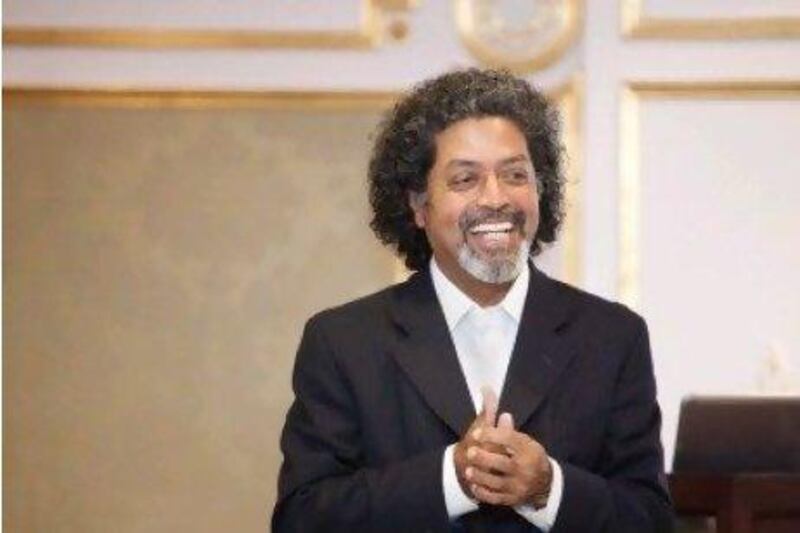The Society for Human Resource Management (SHRM) is the world's largest association for HR professionals, with more than 260,000 members. Ganapathy Ravindran, the chief executive of SHRM India & Middle East, speaks about what the association hopes to achieve through running a knowledge-sharing forum here and explains why local members are working towards creating a leadership model for emerging markets.
What weaknesses do you see in HR here in the UAE?
I think the need is to actually be able to plan ahead, anticipate what challenges are going to come in the future and build solutions for them.
What about the strengths?
The strengths come from the large multinational presence, so some of the world's best companies are there. They have brought all their practices here. There is some informal sharing of best practices now. I think the presence of a large professional global association will make sure that some of this informal sharing will become formalised and therefore a large number of professionals will be able to know what kind of best practices exist.
How many members do you have in the UAE?
We have more than 500 members. They work in small and large companies, local organisations and multinationals, private and public sector.
Of the forums you have held already in Dubai, what issues have your members discussed?
They have spearheaded some discussions in the area of talent management and in the area of next levels of performance management, [and] they have been working to prepare a leadership model for emerging markets.
Why are they doing that?
When we look at the world, we see there is a marked difference in terms of how developed nations and the emerging markets are functioning. The realities are very different. The cultures are very different. There are tools, templates and practices which are currently [in place] in parts of the world, but when you transport these to emerging markets, there seems to be a dissonance. Overall research indicates that there is a need to tailor-make solutions for emerging markets. In the South East Asia market, we are actually working on a project to determine the diversity issues and how emerging workforces are being impacted by these. This way we create a body of knowledge … so that industry can understand how it has to cope with these issues.
Why are emerging markets so different?
Emerging markets need to be different for a couple of reasons. Firstly, the cultural context in which they operate seems to be different. But in the last few years, emerging markets seem to be growing at a much higher rate economically. I think the average is a 6 percentage point difference of economic growth between the emerging markets and developed markets.
How does this change the way HR departments have to operate?
This is throwing up a need for much more flexible systems and processes in the governance of workforces [in emerging markets].
twitter: Follow our breaking business news and retweet to your followers. Follow us






